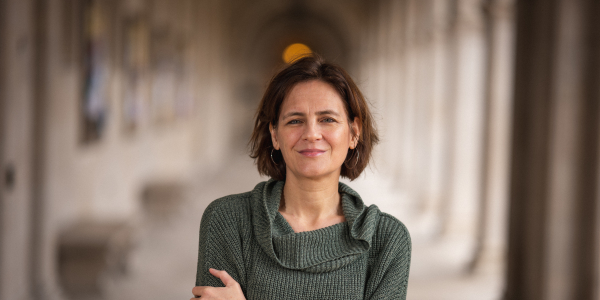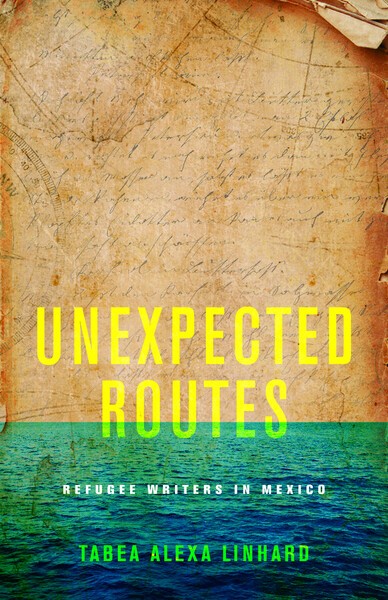Roundtable discussion of Tabea Alexa Linhard’s "Unexpected Routes: Refugee Writers in Mexico"
Please join us for a roundtable discussion of Tabea Linhard’s book Unexpected Routes: Refugee Writers in Mexico (2023).
Panelists:
Tabea Linhard, Director of Global Studies, Professor of Spanish and Comparative Literature
Erin McGlothlin, Professor of German and Jewish Studies and Vice Dean of Undergraduate Affairs in the College of Arts and Sciences
Anca Parvulescu, Professor of English; Liselotte Dieckmann Professor of Comparative Literature
Timothy Parsons, Professor of History and of African and African-American Studies
Moderator: Stephanie Kirk, Director of the Center for the Humanities, Professor of Spanish, Comparative Literature, and Women, Gender, and Sexuality Studies
The roundtable discussion will take place on October 20, 3:00, in Hurst Lounge, Duncker Hall. A reception will follow.
Unexpected Routes chronicles the refugee journeys of six writers whose lives were upended by fascism in the aftermath of the Spanish Civil War and during World War II: Cuban-born Spanish writer Silvia Mistral, German-born Spanish writer Max Aub, German writer Anna Seghers, German author Ruth Rewald, Swiss-born political activist, photographer, and ethnographer Gertrude Duby, and Czech writer and journalist Egon Erwin Kisch.
In a study that bridges history, literary studies, and refugee studies, Tabea Alexa Linhard draws connections between colonialism, the Spanish Civil War, and World War II and the Holocaust to shed light on the histories and literatures of exile and migration, drawing connections to today's refugee crisis and asking larger questions around the notions of belonging, longing, and the lived experience of exile.
Sebastiaan Faber writes about Unexpected Routes: “Tabea Alexa Linhard movingly tells the stories of six mid-century antifascist writers and artists who were lucky enough to escape death through circuitous routes of exile. Unexpected Routes helps us understand the challenges these exiles faced, and how their views of their new surroundings were often marked by a colonial violence they weren’t always able to acknowledge.”
For a preview, see On the Refugee Stories That Begin Where Casablanca Ends.


